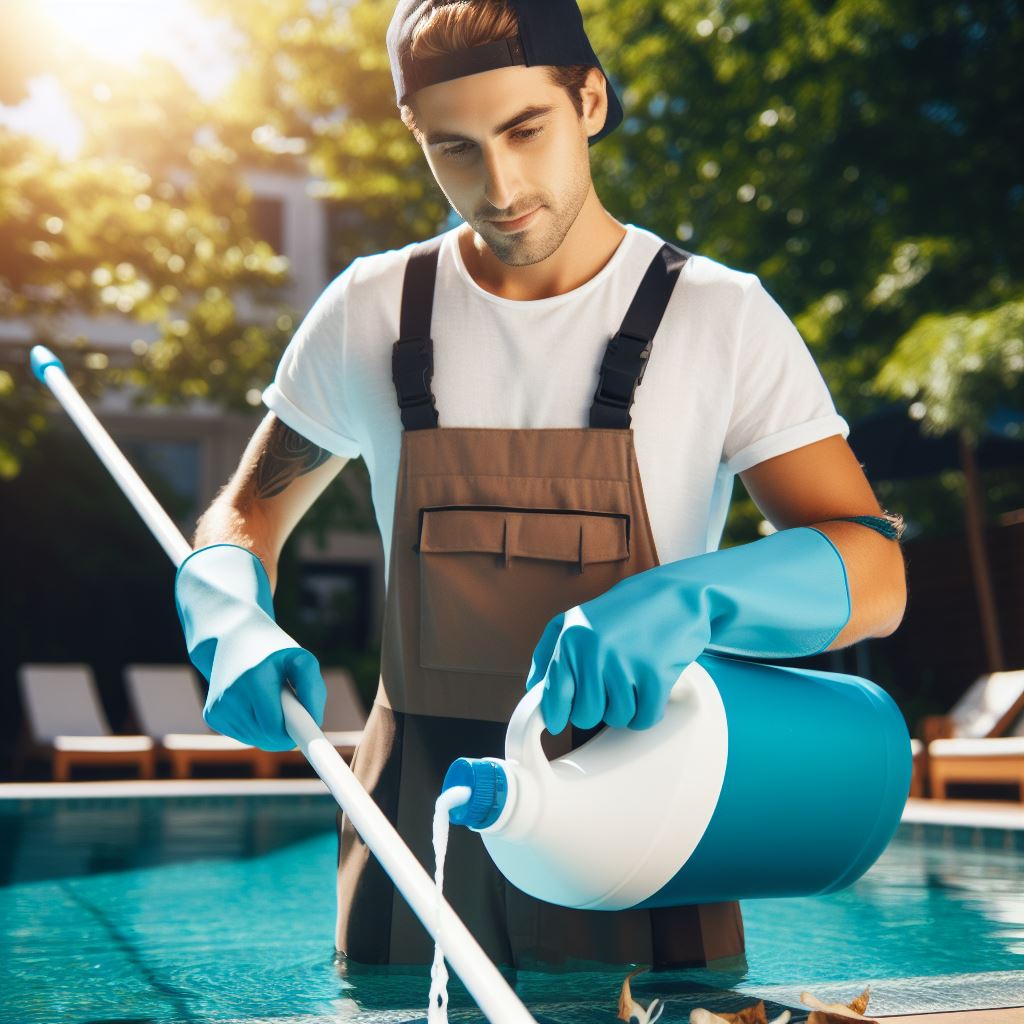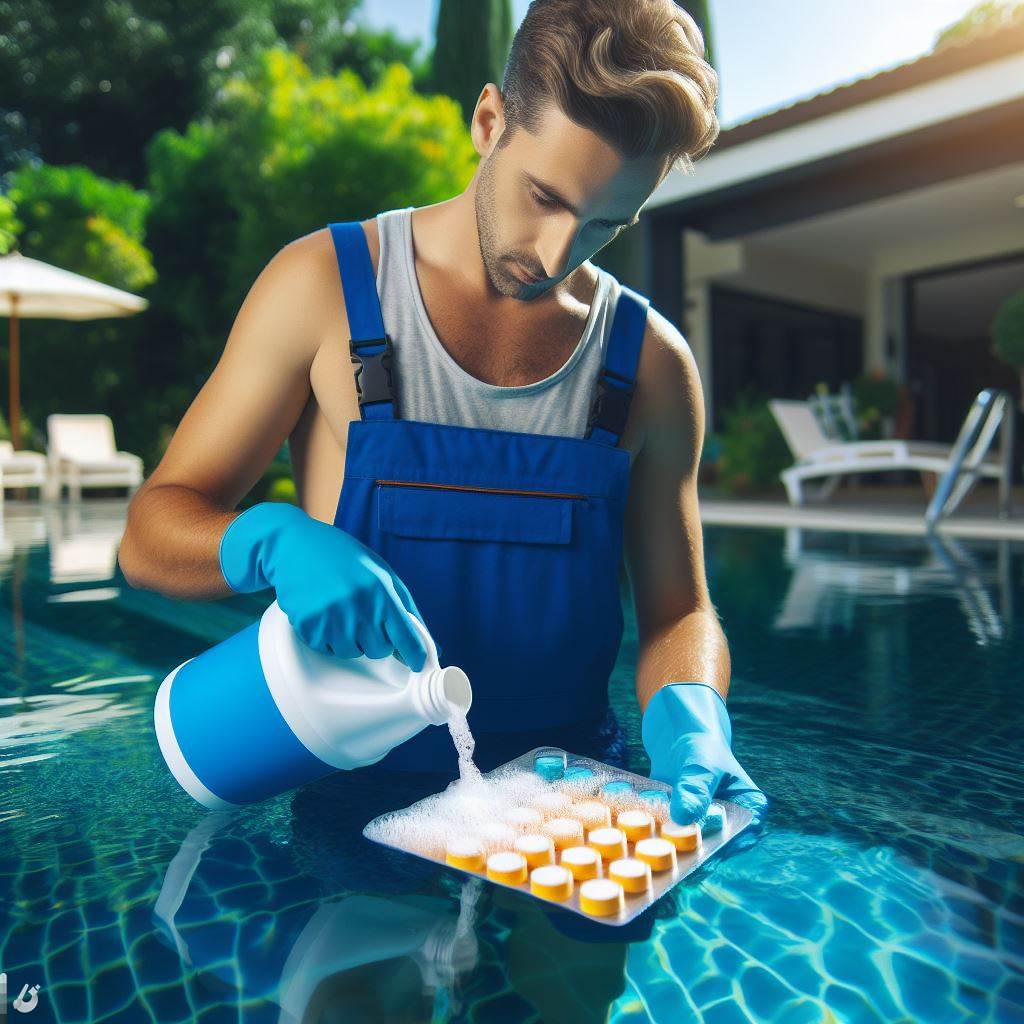Maintaining a clean and safe swimming pool requires the use of sanitizing agents to keep the water free from harmful bacteria and algae. Among the most common sanitizers are pool chlorine and household bleach. Although both contain chlorine, their applications, concentrations, and effects on pool water chemistry differ significantly. This article explores whether household bleach can replace pool chlorine as a pool disinfectant and elucidates the chemical characteristics and implications of using each.

Chlorine and Bleach: Are They the Same?
Chlorine is a chemical element commonly used in various forms to sanitize swimming pools. The most familiar forms include pool chlorine tablets and pool essentials chlorinating liquid. These products are specifically formulated to release chlorine slowly and consistently, maintaining a stable chlorine level in the pool water.
On the other hand, household bleach, such as Clorox, primarily contains sodium hypochlorite (bleach chemical formula: NaOCl). While it is true that both pool chlorine and household bleach release hypochlorous acid (the active sanitizing agent) when dissolved in water, their concentration and stability in pool water vary greatly.
Key Differences Between Pool Chlorine and Household Bleach
Concentration and Formulation: Pool chlorine is often stabilized with cyanuric acid which helps protect the chlorine from breaking down due to sunlight. This is crucial for outdoor pools. Household bleach lacks these stabilizers and breaks down faster in sunlight, which can lead to more frequent application and potentially unstable chlorine levels.
Application and Dosing: The recommended chlorine levels in a swimming pool are usually between 1-3 ppm (parts per million). Calculating the correct dose can be straightforward with pool-specific products, which are labeled with detailed dosing instructions. For instance, determining how much bleach for a 10000 gallon pool or how much bleach for a 15000 gallon pool requires careful calculation to avoid under or overdosing, which can be more complex with household bleach not specifically meant for pools.
Cost and Efficiency: Using bleach for pool sanitization might seem cost-effective initially, but the lack of stabilizers and the higher amount needed to achieve the same chlorine levels as pool chlorine tablets can make it less economical over time.
Can You Use Bleach Instead of Chlorine in a Pool?
The answer is yes, but with caution. While it is technically feasible to use liquid bleach for pool maintenance, several factors must be considered:
Regular Monitoring: Since bleach is less stable under UV light, frequent testing and adjustment of pool water are necessary to maintain safe sanitization levels.
Impact on pH and Other Chemicals: Bleach has a high pH, and its use might require additional chemicals to balance the pool’s pH, unlike pool chlorine that is often available in different formulations to help maintain balanced water chemistry.
Safety and Storage: Handling and storing large quantities of bleach can be hazardous. Proper storage conditions are imperative to ensure safety and effectiveness.
Conclusion
While household bleach and pool chlorine both serve the function of sanitizing pool water by releasing chlorine, they are not identical in their chemical composition, usage guidelines, and effects on pool maintenance. For those considering using bleach in pool environments, it’s essential to understand the nuances and extra care required to maintain pool safety and hygiene effectively. Opting for products specifically designed for pools, like pool chlorine tablets or liquid chlorine, is generally more reliable and less labor-intensive. Therefore, when choosing between chlorine vs bleach, consider the long-term benefits of using the appropriate chemicals designed for the specific purpose of pool sanitation.
In essence, while you can use bleach in a swimming pool, it’s crucial to approach this method with a well-informed strategy, adhering strictly to safety guidelines and regular water chemistry monitoring.


